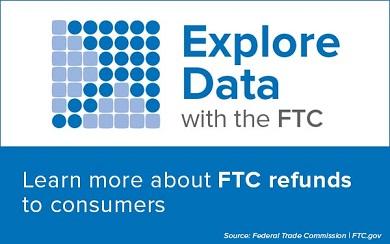More than 40,000 people will receive a refund as a result of the Federal Trade Commission’s settlement with Cerebral, Inc, an online mental health service provider that allegedly billed consumers despite their requests to cancel their subscriptions.
The refunds stem from a settlement of FTC allegations that Cerebral:
- required its clients to navigate a complex, multi-step, and often multi-day process to cancel their subscriptions;
- continued to charge consumers while slow-walking their cancellation requests, despite promising consumers they could “cancel anytime;”
- disclosed consumers’ sensitive personal health information and other sensitive data to third parties for advertising purposes; and
- violated the Restore Online Shoppers’ Confidence Act by failing to clearly disclose all material terms of their cancellation policies before charging consumers.
An independent refund administrator, Epiq Systems, is sending payments totaling more than $5 million to 40,249 affected consumers. Most of these consumers will receive a check in the mail, which they should cash within 90 days, as indicated on the check. Eligible consumers who did not have an address on file will receive a PayPal payment, which should be redeemed within 30 days.
Payments will go to consumers who submitted a request to cancel their subscription on or before May 2022, but who Cerebral continued to charge.
Consumers who have questions about a payment or their eligibility for a payment should contact the independent refund administrator at 1-888-884-6036 or via email at info@CerebralRefund.com. The Commission never requires people to pay money or provide account information to get a refund.
The Commission’s interactive dashboards for refund data provide a state-by-state breakdown of refunds in FTC cases. In 2024, FTC actions led to more than $339 million in refunds to consumers across the country.
The Federal Trade Commission works to promote competition and protect and educate consumers. The FTC will never demand money, make threats, tell you to transfer money, or promise you a prize. Learn more about consumer topics at consumer.ftc.gov, or report fraud, scams, and bad business practices at ReportFraud.ftc.gov. Follow the FTC on social media, read consumer alerts and the business blog, and sign up to get the latest FTC news and alerts.

